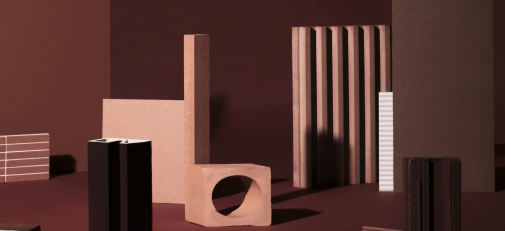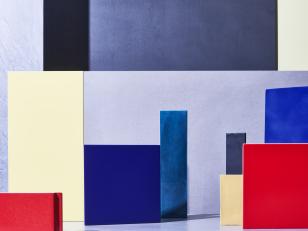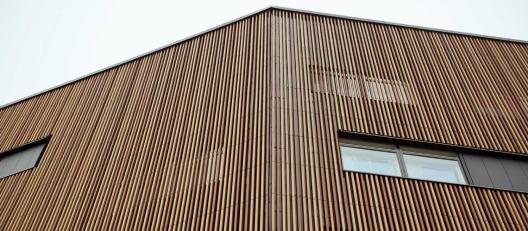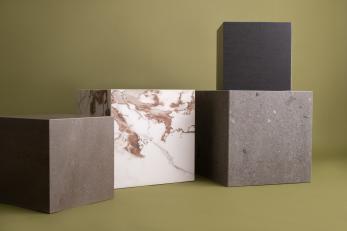ABL Environmental Sustainability

The responsibility for sustainable development lies in the hands of companies and communities. As a material supplier, ABL-Laatat aims to act responsibly from the perspective of both people and the environment.
One of ABL-Laatat’s most important values has always been a people-centered approach – ever since the company was founded. In our daily operations, we take into account our staff, customers, and partners. We want to ensure that the products we sell are of high quality and responsibly produced, in line with environmental values.
We work with ceramics, and our environmental impact largely stems from the production of ceramics. As a seller and importer, ABL-Laatat continuously develops its practices to enhance responsibility, taking both the environment and people into consideration.
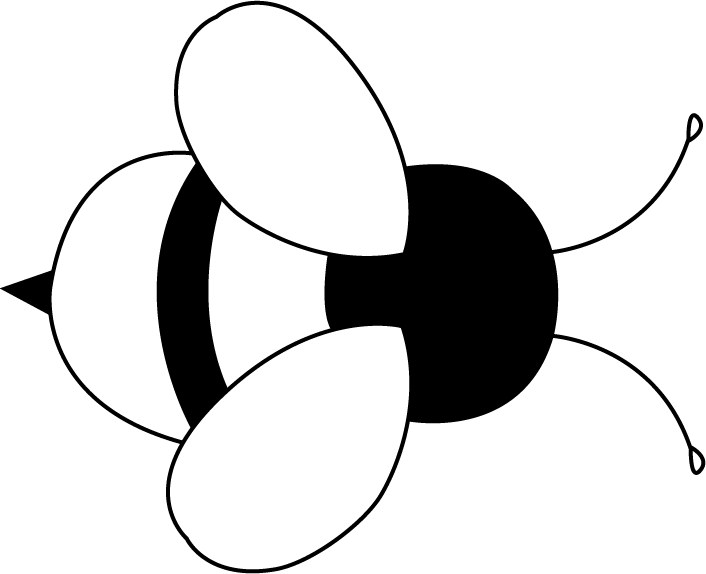
ABL Investment’s solar power plant and geothermal wells at the ABL Siltamäki premises. Charging stations for electric vehicles at the Siltamäki office.

The water used in our cutting production, as well as waste material, is reused or recycled as efficiently as possible. We recycle the waste processed and generated at our facilities.

We have chosen our logistics partner based on environmental values.

ABL-Laatat does good for communities – #ABLForGood! If you’re also working to build a better world and would like to collaborate with us for a good cause, contact us and tell us about your project that could benefit from a product donation.
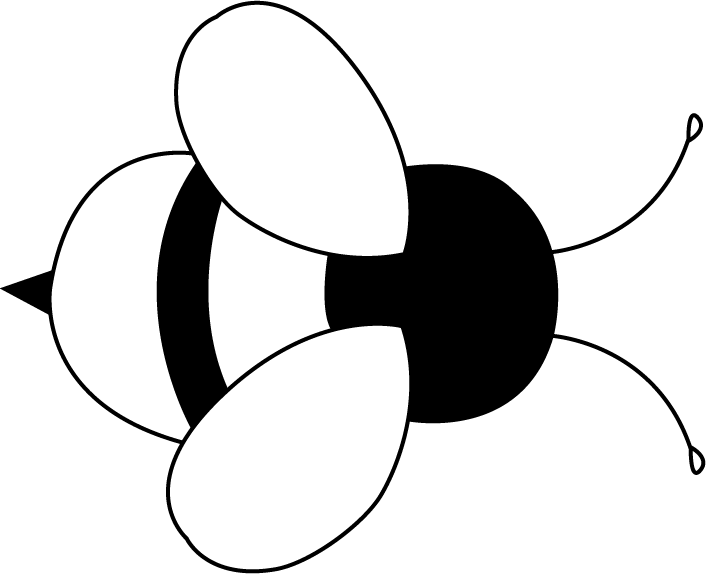
Bees and other pollinating insects play a crucial role in maintaining biodiversity. Siltamäki garden hives are home to 100,000 bees, which pollinate 2,000,000 plants per day during the growing season.
Material Properties
Ceramic tiles are made from pure natural materials: sand, feldspar, and clay. Ceramics have been produced from the same ingredients for millennia and have been used in construction for almost as long.
The good and durable properties of ceramics are well-known: ceramic tiles have a long life cycle, are highly durable, and do not require environmentally harmful or burdensome maintenance. Ceramic tiles that imitate natural stone (such as marble imitations) help conserve rare and depleting natural resources, mountains, stone deposits, and heritage areas by replacing the need for quarrying and mining natural stones.
For ceramic tiles, as with other construction materials, it is difficult to calculate the exact carbon footprint over the entire product life cycle. The most significant environmental impact of ceramic tiles comes from the energy used in their production, meaning that the environmental burden is nearly the same for all ceramic tiles.
95% Our Products are Made in the EU
Most of our products are manufactured in Italy, Spain, and Germany at industry-leading factories whose advanced production expertise and commitment to environmentally sustainable operations led us to choose them as our partners.
- 95% of our products are made in the EU, primarily in Italy, Spain, and Germany, at factories that prioritize high production quality. The advantages include the fact that these factories have their own raw material sourcing and quality assurance processes, ensuring high and consistent product quality and reliable availability.
- Materials produced in the EU not only have lower carbon emissions due to shorter transportation distances, but the manufacturers are also committed to the EU’s shared environmental and ethical guidelines. Tile manufacturers strive to source all necessary raw materials as close as possible to their production facilities and to produce their products using as much renewable material as possible. Increasingly, recycled materials are also being used in tile series.
- The water used in tile production is recycled or purified. Many European factories utilize renewable energy sources such as solar and wind power. Some factories also offset the carbon emissions generated during production by supporting carbon sink projects.
About LEED certification
Ceramic tiles can have various environmental certifications, which factories obtain for them.
LEED refers to a global environmental rating system for buildings. A building material manufacturer can receive a LEED certification for its products, allowing them to be used in environmentally responsible buildings. The LEED certification is awarded by the Green Building Council.
About UL Greenguard Certification
UL GREENGUARD Certification helps manufacturers make and market products with low chemical emissions that contribute to healthier indoor air. Products with UL GREENGUARD Certification or UL GREENGUARD Gold Certification can contribute to achieving points in established green building rating systems such as LEED.
Tiles and EPD – Environmental Product Declaration
Environmental Product Declarations (EPD) demonstrate a manufacturer's commitment to measuring and reducing the environmental impacts of products and services. EPDs provide comparable, objective, and third-party verified information that reveals the environmental performance of products. The results are based on Life Cycle Assessment (LCA).
The results of the LCA study and other information required by the reference PCR and general program guidelines are compiled into an EPD reporting format. An approved independent verifier ensures the EPD before it is registered and published in the international EPD system.
Related articles
